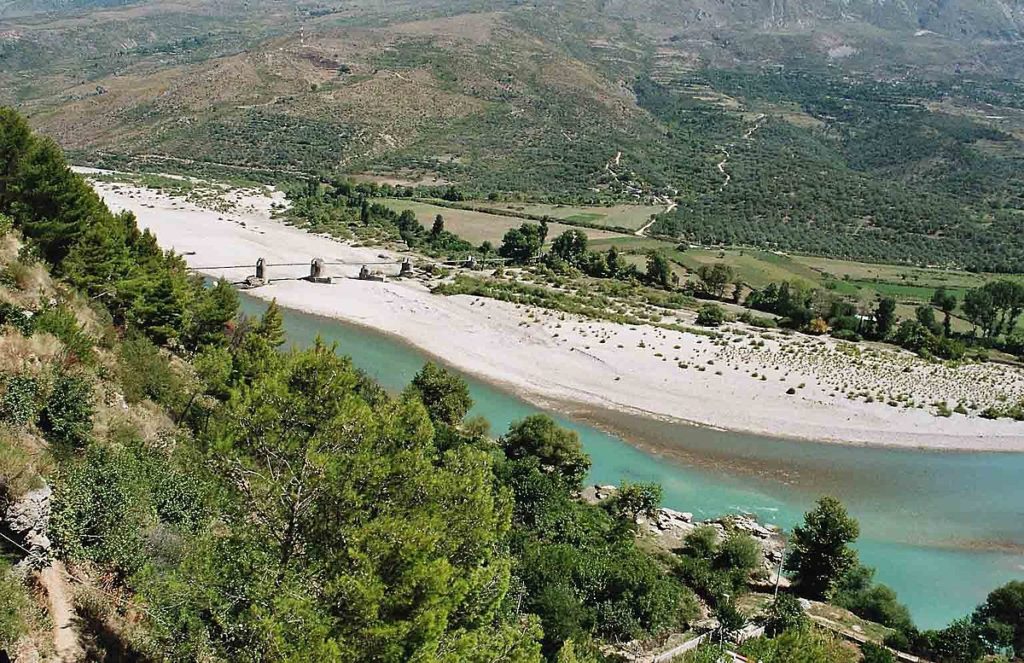
Along its 169 miles, from Greece through Albania to the Adriatic Sea, the Vjosa runs through forests, valleys, and canyons, free from artificial barriers. About 119 miles of the river and its tributaries in Albania will now remain so – crucial for the health of some 1,000 species that call the Vjosa home.
Although Albania generates almost all its electricity from hydroelectric power, the park’s protections mean that some 30 planned power stations won’t be built. But the move is consistent with the European Union’s biodiversity strategy for 2030, which includes restoring 25,000 kilometers (15,534 miles) of EU rivers to free-flowing states.
Albania is working with Greece, where the river is called Aoös, to establish a transboundary park and ensure the river’s future protection in both countries.
“Most people in central Europe have never ever seen a wild, living river, free from the impacts of human interference … where biodiversity is low as a result,” said Ulrich Eichelmann, a conservationist. “Here, you have a wild river, full of complexity.”
Sources: The Guardian, European Commission





